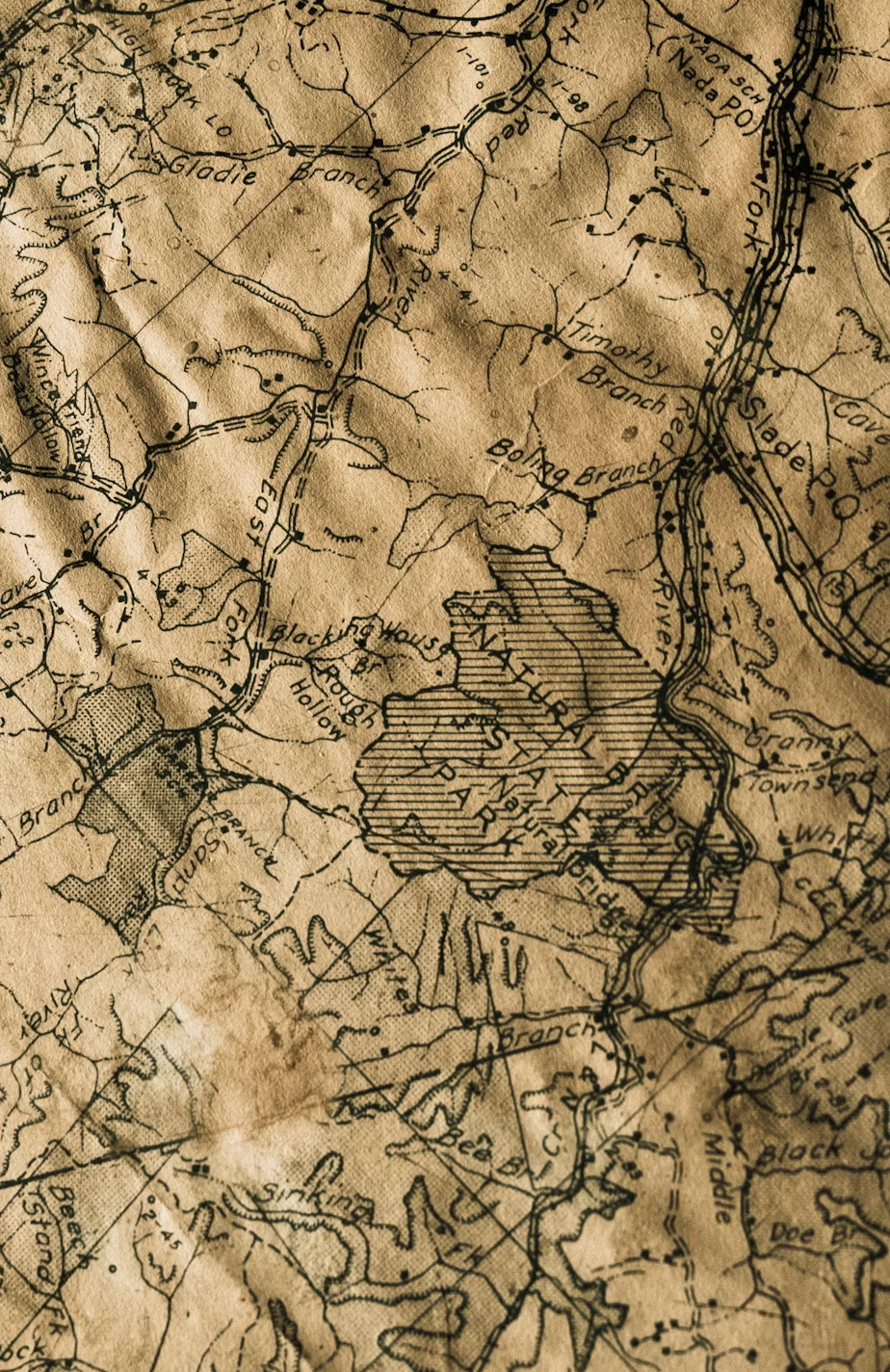The first sound is the gong
Of a dumpster, kicked possibly
By one of the homeless twins
Who live at The Mission, followed
By the rattle of glass and aluminum—
Signs of early success—against the cages
Of their grocery carts filled with cans, bottles,
Anything stamped with 5¢ deposit
Next to our state’s abbreviation.
Now the coughing ignition
Of a tow-truck’s diesel, the low
Burbling idle for another
Ten minutes, while the driver
Goes inside for another cup of coffee.
We lie holding each other, listening
Until your iPhone screams, and I remind
You again that you should change
The tone to something more musical.
You rise, make chai, and sit
At your vanity, carefully applying
Moisturizer and talking sweetly
Before putting on scrubs
To go wash, ambulate, feed, empty
Urine bags for the elderly,
The recovering.
Out the door, we hear in the silences
Between the few passing cars beginning
To travel our street, birds—
Robin and chickadee and jackdaw—
Flying or sitting somewhere nearby
Under the morning gray.
And even though there is no sun
It feels good to stand
In the light, tired and bleary-eyed,
On this longest of days.
James Alan Gill has published fiction, non-fiction, and poetry in several journals including Colorado Review, Crab Orchard Review, Midwestern Gothic, The Common, and Atticus Review, and has work forthcoming in the anthology Being: What Makes A Man.
Photo by Flickr Creative Commons user Chris Phan.



